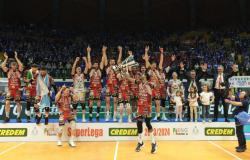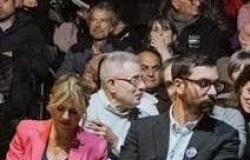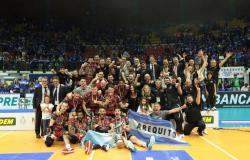In view of the arrival of the herring gull nesting season, from April to July, we remind you of some general precautions to prevent the increase in the population of this bird in urban centres.
The herring gull is a widespread presence, for some time now they have been abandoning the sea area more and more often in favor of cities that are much richer in food, nesting on roofs and creating some problems of coexistence with citizens such as soiling of roofs, buildings, monuments; disturbance and noise, even at night, hostility towards intruders and interactions in places where there is municipal waste left unduly outside the bins.
The herring gull is a large bird, with a length that can reach 60 cm and a wingspan that varies between 110 and 140 cm. It is a protected species and is among the most adaptable species. It eats everything, as well as fish and other marine organisms and fish waste, it feeds on waste, eggs and nestlings, dead animals and is also capable of preying on other animals, including adult individuals of city pigeons and swifts. .
With men it is not aggressive unless it feels threatened by its offspring, in order to defend which it carries out disturbing actions through dives, attempts to hit it with its paws and throwing faeces.
What might seem like a welcome and unusual presence can therefore represent a problem, especially during the nesting period.
The only way to avoid their continuous presence is to implement a series of preventive actions of bloodless dissuasion, to be implemented before the seagulls have built their nest, aimed at preventing nesting for those who have roofs, floors, terraces, balconies, windowsills, chimneys, fireplaces and to avoid leaving waste outside the bins.
The nesting period runs approximately from April to July. In particular, if you have already had the presence of seagulls on your roof in previous years and you do not want nesting to occur again, it is necessary to intervene in time by removing the nests before the new breeding season begins and, at application of bloodless devices on the roof to avoid the recurrence of nesting.
It is also important to frequent, if possible, the areas (roofs, terraces, balconies, windowsills, chimneys, chimneys) in which seagulls have already nested in the past or which are frequented by the species. The nest can only be removed if eggs or hatchlings are not already present. Intentional destruction of the nest with the egg is prohibited.
There are essentially two areas of intervention. On the one hand, those aimed at limiting access to nesting and resting places on buildings, for example by laying “anti-intrusion nets” in plastic or metal or more simply a system made up of stretched wires or by installing “support deterrents” on surfaces linear.
There are also optical (coloured ribbons, reflective flags, effigies of birds of prey) and acoustic deterrents. On the other hand, those aimed at limiting food supplies by raising awareness among citizens and commercial activities such as fishmongers, fruit and vegetable shops, butchers, restaurants of various kinds, to avoid dispersion of waste and waste throughout the territory.
In the event of findings of fallen chicks in the street or in the gardens and for any further useful information, it is possible to contact the CRAS – Wild Animal Recovery Center – via Baracchi n. 47 47923 Rimini (+39 338 720 4689 – [email protected]).
Anthea also has an active information and consultancy service aimed at private individuals (tel 0541.767411 [email protected])
Anthea also intervenes for counteract the distribution of food to pigeons, expressly prohibited by article 10 of the Urban Police Regulations of the Municipality of Rimini. Distributing food to pigeons, in fact, means not doing what is good for the animal. Often they are given food that is not suitable for their diet, inhibiting correct and beneficial physical activity and depriving them of the ability to fly to search for food in the countryside. , invalidating the effectiveness of the sterilizer (harmless to the health of pigeons).
Not to mention that food thrown on the ground in public areas (bread, rice, pasta, kitchen waste) attracts rats and mice with consequent health and hygiene problems and urban decay.
Anthea takes care of the pigeon control service in the historic center of Rimini through a scheduled surveillance activity of Zoophilic, Fish-Hunting and Ecological Guards. Non-compliant citizens are informed and made aware in advance; repeat offenders may therefore be fined (from 25 to 150 euros).






